To promote the internationalization of graduate education, strengthen graduate innovation capacity, and serve the national “Belt and Road” initiative, the Peking University “Global Vision—Graduate Academic Exchange Support Program: Russia Summer International Research Delegation” (hereinafter referred to as the “Delegation”) conducted a field study in Moscow and St. Petersburg from July 17 to 25, 2025.
This program was organized and implemented by the Graduate School of Peking University and led by the School of Materials Science and Engineering, in collaboration with the College of Chemistry and Molecular Engineering and the School of International Studies. The delegation was co-led by Professor Ruqiang Zou, Dean of the School of Materials Science and Engineering, and Professor Hailin Peng, Dean of the College of Chemistry and Molecular Engineering. A total of eight faculty mentors and ten doctoral students from various disciplines participated in the research activities.
As an important partner in the Belt and Road Initiative, Russia possesses world-leading technologies in the fields of energy, new materials, and chemistry, while China has achieved remarkable progress in lithium battery technology, photovoltaic industries, and rare-earth resource development. The two countries share natural complementarity and broad potential for cooperation. Based on their disciplinary synergy and long-standing collaboration in fundamental research and technological innovation, the delegation focused on academic exchange and industrial investigation in energy chemistry and materials science. Through interdisciplinary and multi-perspective research and practice, the team explored new models of cooperation in green energy technology and strategic resource development, injecting new momentum into Sino-Russian scientific collaboration and industrial synergy under the Belt and Road framework. As the first research delegation led by science and engineering faculties, the program fully leveraged the interdisciplinary strengths of science, engineering, and humanities. Guided by academic exchange and pragmatic collaboration, the delegation deepened its understanding of Russia’s technological and educational resources and made meaningful progress toward promoting higher-level cooperation between the two sides.
The 2nd China–Russia Forum on Fundamental Sciences
Educational collaboration and academic exchange were key components of the visit. From July 20 to 21, all delegation members attended the 2nd China–Russia Forum on Fundamental Sciences held at Moscow State University (MSU). The forum focused on frontier topics in materials science and chemistry, bringing together over 100 scholars from leading institutions in both countries, and featured more than 30 academic presentations and panel discussions. The chemistry research team, led by Professor Hailin Peng, delivered a series of talks covering topics such as interface regulation in two-dimensional materials, systematic optimization of density functional approximations, peptide synthesis and biological applications, and liquid-phase electron microscopy of chemical systems, showcasing research progress from theory to experimental validation and application. The materials science research team, led by Professor Ruqiang Zou, presented specialized reports on AI-driven materials screening and application, advanced energy storage materials, and next-generation photovoltaic materials, systematically outlining the development trends and future directions of materials science in frontier research.
During the forum, Peking University scholars and students engaged in in-depth discussions with Russian counterparts, including Professor Eugene Goodilin, Vice Dean of the Faculty of Materials Science at MSU; Professor Vasilii Petrechenko, Deputy CEO of the MSU Science Park; and Professor Alexey Bolshakov, Director of the Center for Optics and 2D Materials at Moscow Institute of Physics and Technology (MIPT). The forum served as an ongoing bridge for academic collaboration between Chinese and Russian research teams, laying a foundation for future joint research projects and talent development programs.

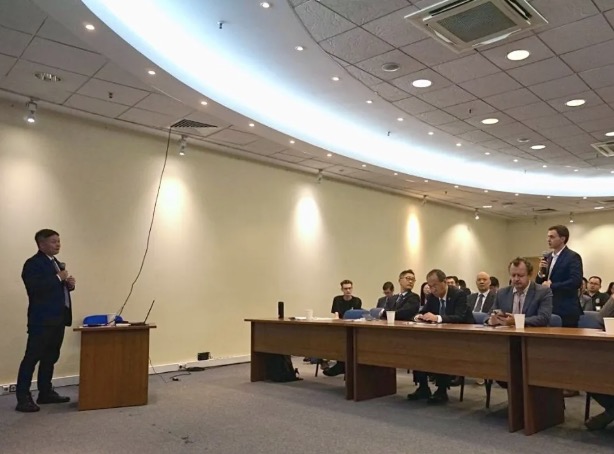
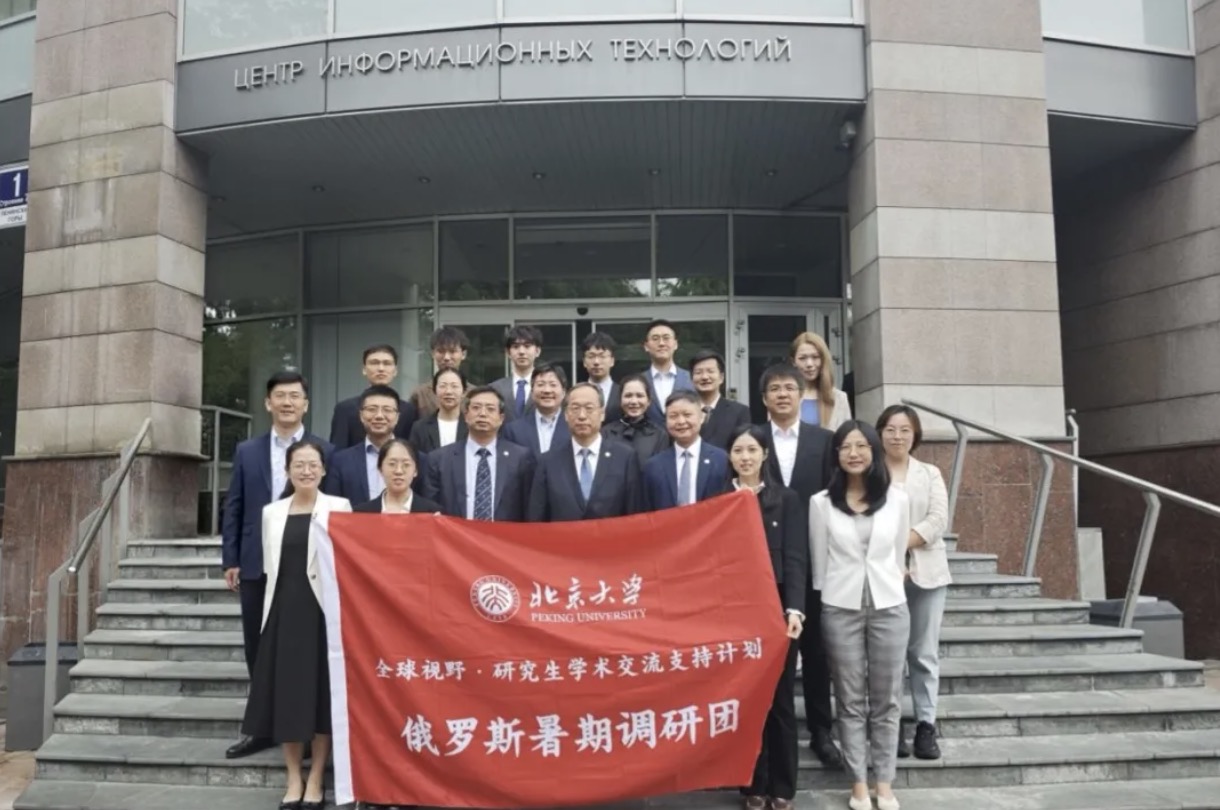
Figure 1. The Delegation Participates in the 2nd China–Russia Forum on Fundamental Sciences
Advanced Materials and Manufacturing
Since the beginning of the 21st century, advanced materials—particularly energy and catalytic materials—have played a vital role in addressing global challenges such as the energy crisis and environmental pollution. Both China and Russia are at the forefront of research in materials science, with solid academic foundations and abundant scientific talent. During the research visit, the delegation’s faculty and students visited several leading Russian research institutions. Through seminars, discussions, and on-site visits, they shared research progress, explored disciplinary development directions, and fostered cross-disciplinary dialogue—promoting complementary strengths and collaborative growth in the field of advanced materials manufacturing.
On July 22, the delegation visited the MIPT and toured its Center for Photonics and Nanoengineering. There, the team gained insights into the synthesis and optical characterization of a variety of novel two-dimensional materials, and exchanged views with local researchers on their potential applications in new energy technologies. Both sides engaged in in-depth discussions on the future directions of materials science, sharing recent achievements in high-efficiency energy conversion and storage. Later that day, the delegation visited the Moscow Quantum Center, where they toured laboratories dedicated to ferromagnetic and optical materials. Participants were introduced to the latest advances in quantum materials research, engaging in detailed discussions with laboratory experts on the application potential of emerging quantum materials and their transformative role in future technological innovation.
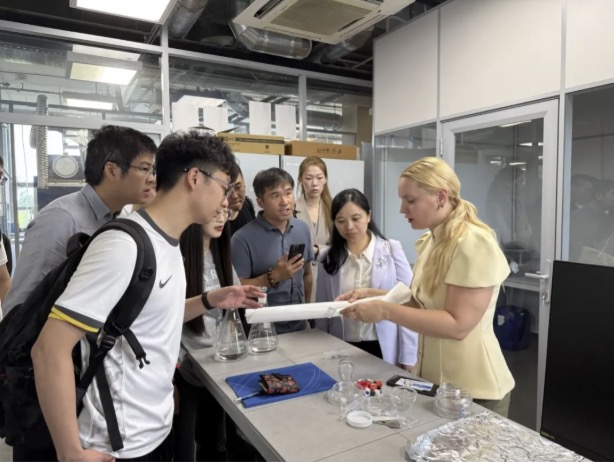
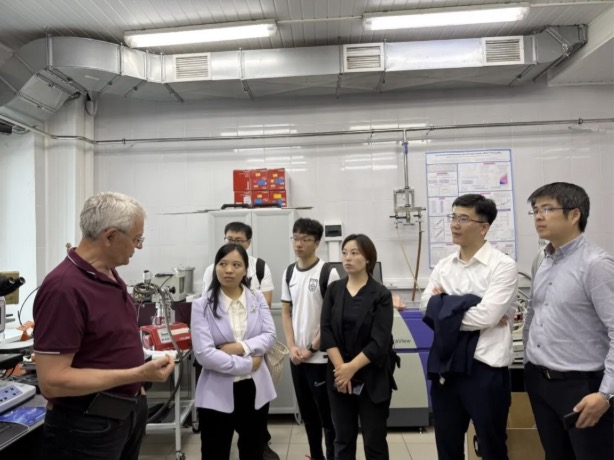

Figure 2. The Delegation Visits the Moscow Institute of Physics and Technology (MIPT)
From July 24 to 25, the delegation continued its research visit to Saint Petersburg State University (SPbU) and the Yoffe Institute’s Aerospace Materials Laboratory. During the laboratory tours, the team gained a comprehensive understanding of SPbU’s cutting-edge research in high-efficiency and stable metal material processing and shape memory materials, as well as their extensive applications in aerospace and advanced structural materials. In subsequent seminars and discussions, scholars and students from both sides engaged in in-depth exchanges on frontier technologies and practical applications in the field of new materials. The Peking University delegation not only focused on the technical aspects of material innovation but also approached the topic from an interdisciplinary perspective, exploring the strategic role of new materials in driving industrial upgrading and technological advancement.
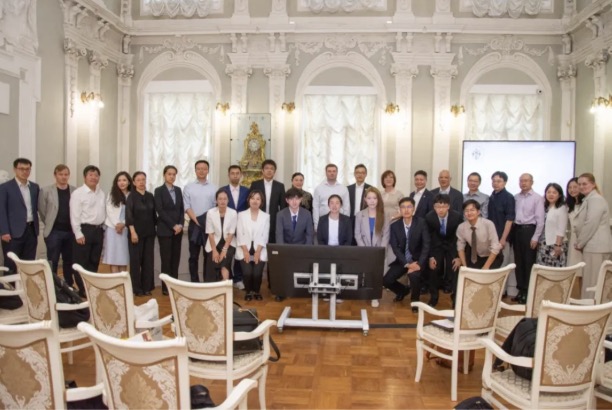
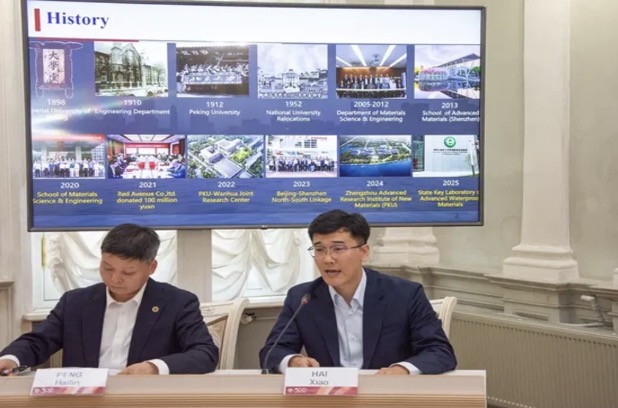
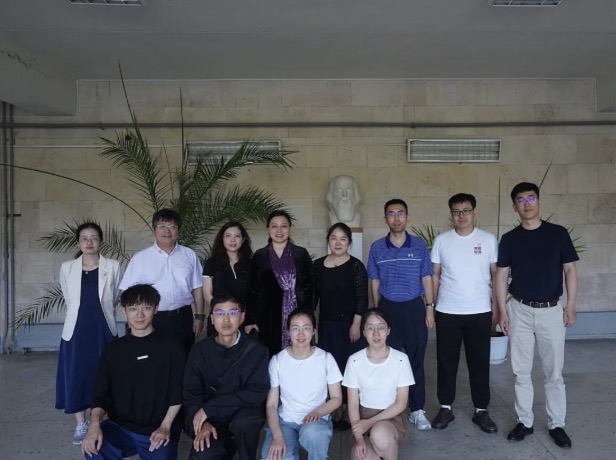

Figure 3. The Delegation Visits and Exchanges at Saint Petersburg State University
Rare Earth and Nanomaterial Applications
Russia possesses the fourth-largest rare earth reserves in the world, and its government has identified rare earth elements as a cornerstone of national security. Through technological innovation and strategic development, Russia has gradually built a distinct competitive edge in the high-value utilization of rare earth resources, demonstrating vast potential in fields such as nanomaterials, advanced manufacturing, and green energy. Meanwhile, nanotechnology, as a frontier of modern science, continues to show immense promise in biomedicine, materials science, and other interdisciplinary domains. Within the framework of the Belt and Road Initiative and the Global Development Initiative, exploring opportunities for Sino-Russian cooperation in high-value rare earth applications and nanomaterial technologies has been a key focus of this research delegation.
On July 18, the delegation visited the Nesmeyanov Institute of Organoelement Compounds, Russian Academy of Sciences (INEOS RAS). Accompanied by Academician Alexander A. Trifonov, Director of the Institute, the delegation toured the prestigious research center founded by Academician A. N. Nesmeyanov, a pioneer of modern organoelement chemistry. The team learned about innovative research in organoelement chemistry, polymer chemistry, and catalysis, and participated in a joint academic seminar co-hosted by both sides. During the exchange, Peking University faculty and students engaged in in-depth discussions with Russian researchers, sharing progress in interdisciplinary studies bridging chemistry and materials science, and exploring prospects for future collaborative research in the development and application of advanced nanomaterials.
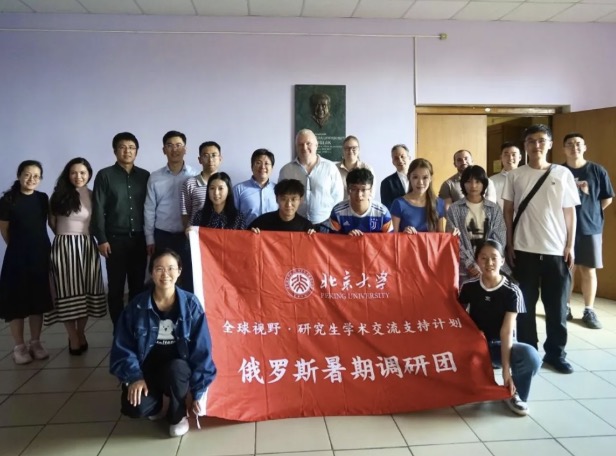
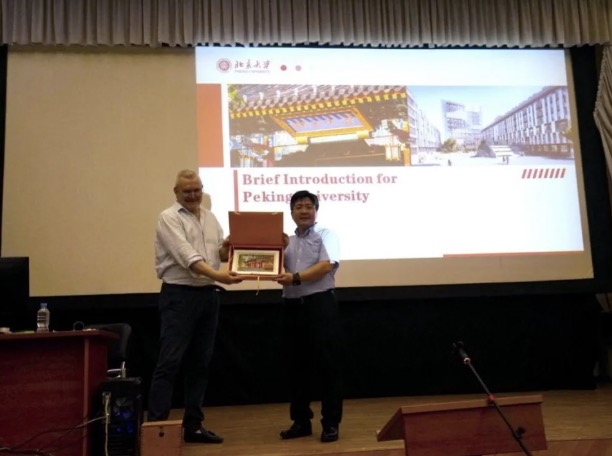
Figure 3. The Delegation Visits the Institute of Organoelement Compounds, Russian Academy of Sciences, and Engages in Academic Exchange
On July 21, the delegation visited the Department of Radiochemistry at Moscow State University, where they were warmly welcomed by Professor Vladimir Petrov. Professor Petrov guided the delegation through the department’s independently assembled X-ray detection system for radioactive materials, a key instrument used for analyzing the internal structure and elemental distribution of various materials. The instrument’s lead researcher provided a detailed explanation of its working principles and shared several case studies demonstrating its applications in radiochemical research. Following the laboratory tour, Professor Petrov introduced the delegation to the department’s major research areas, which include environmental radiochemistry, radioanalytical chemistry, and actinide chemistry. Both sides held in-depth discussions on topics such as coordination chemistry of radionuclides, training of specialized talent, and academic cooperation between institutions. The dialogue fostered mutual understanding and laid a solid foundation for future collaboration between the two universities in the field of chemistry and radiochemical sciences.
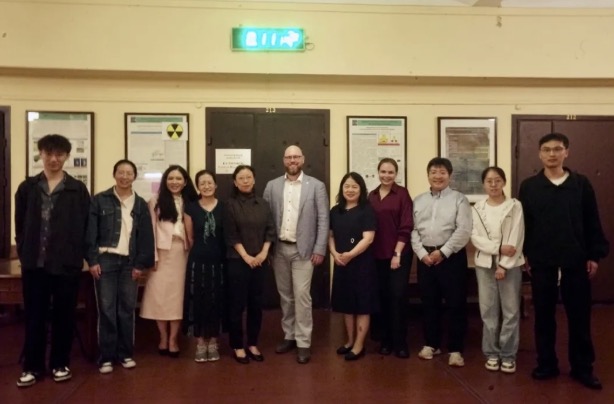
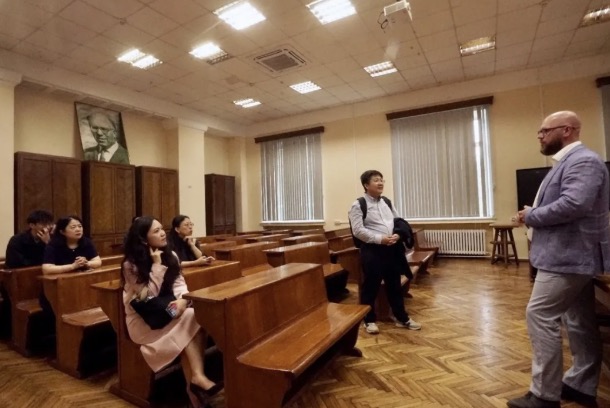
Figure 4. Survey Team Visits the Radiochemistry Department of Moscow State University
On July 24, the survey team of faculty and students visited Peter the Great St. Petersburg Polytechnic University, where they toured the Nanobiotechnology Laboratory and investigated the usage and maintenance of laboratory equipment. The laboratory researchers highlighted the FA-1 Nanorobot Dynamics Research System, and both sides engaged in discussions about its potential applications and research directions in nanotechnology. The exchange explored new frontiers in nanoscience, aiming to promote the interdisciplinary integration of nanotechnology with biomedicine and materials science.
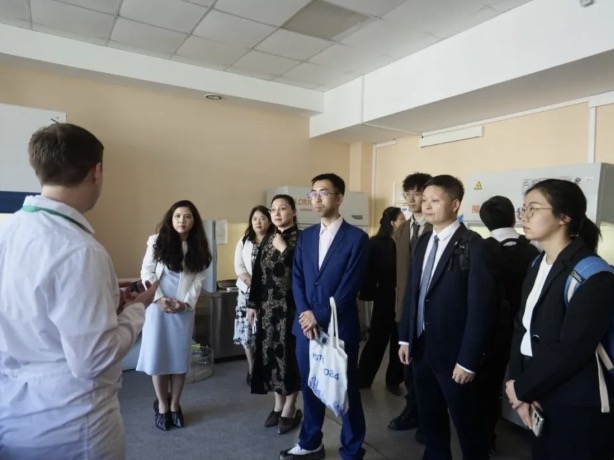
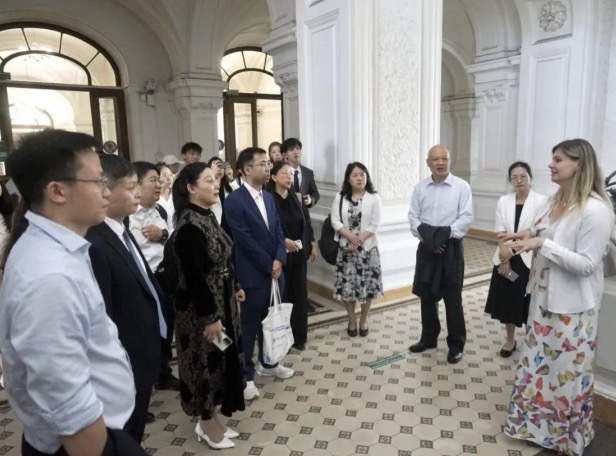
Figure 5. Survey Team Visits Peter the Great St. Petersburg Polytechnic University
New Momentum in International Relations
While conducting in-depth surveys in the field of new energy chemical materials between China and Russia, the survey team focused on practical cooperation across various domains. By visiting government institutions, Chinese enterprises, and universities, the team gained a comprehensive understanding of Russia’s society, economy, and culture. This multi-perspective approach allowed the team to assess the development trends and cooperation potential in China-Russia relations, showcasing Peking University’s positive contributions and aspirations for bilateral cooperation and development.
On July 24, the survey team visited the Chinese Consulate General in St. Petersburg, where Consul General Zhanhui Luo warmly welcomed the delegation. Consul General Luo introduced the social, economic, and cultural landscape of the consular district, emphasizing the deepening political mutual trust and increasingly close bilateral relations between China and Russia, which have created unprecedented opportunities for cooperation in education and scientific research. The survey team provided a detailed introduction to Peking University, with Yizhen Qu, Deputy Director of the Graduate School’s Training Office, delivering a comprehensive report on the university’s discipline development and the international summer survey program for graduate students. Faculty representatives from the survey team introduced the development and research status of their respective colleges, showcasing Peking University’s academic strengths and innovative achievements in relevant fields. Through in-depth discussions, the team gained a deeper understanding of China-Russia relations and cooperation prospects from a “national perspective.”

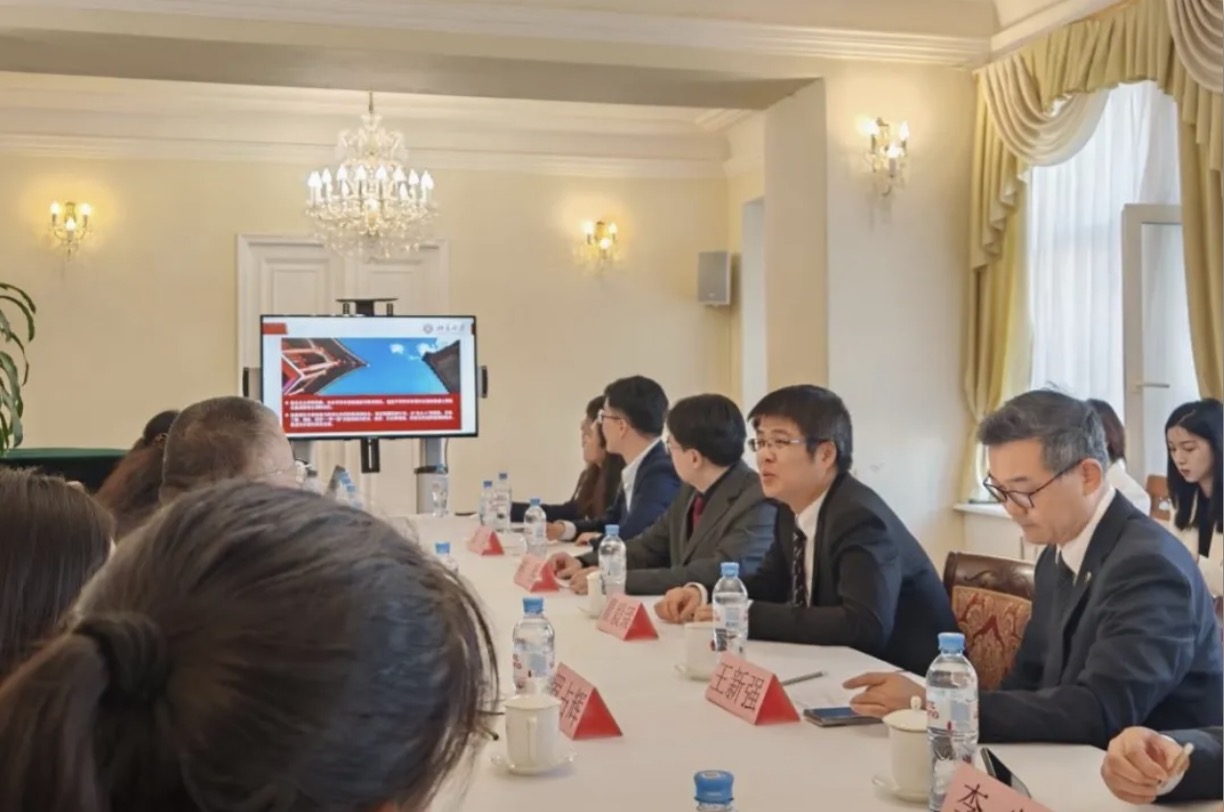
Figure 6. Survey Team Holds Discussions at the Chinese Consulate General in St. Petersburg
On July 18, the survey team visited China Minmetals’ China MCC22 Group Russia Co., Ltd. to explore China-Russia cooperation practices from an “enterprise perspective.” Yan Sun, the regional representative for Russia, and Yuantao Wang, General Manager, noted that MCC22 has established strong cooperative relationships with Russian chemical enterprises and research institutions, with growing interest and demand from the Russian chemical sector for technical exchanges with Chinese companies. The team engaged in in-depth discussions with the enterprise on the “industry-academia-research-application” collaborative model, exploring ways to effectively align university research with enterprise needs.
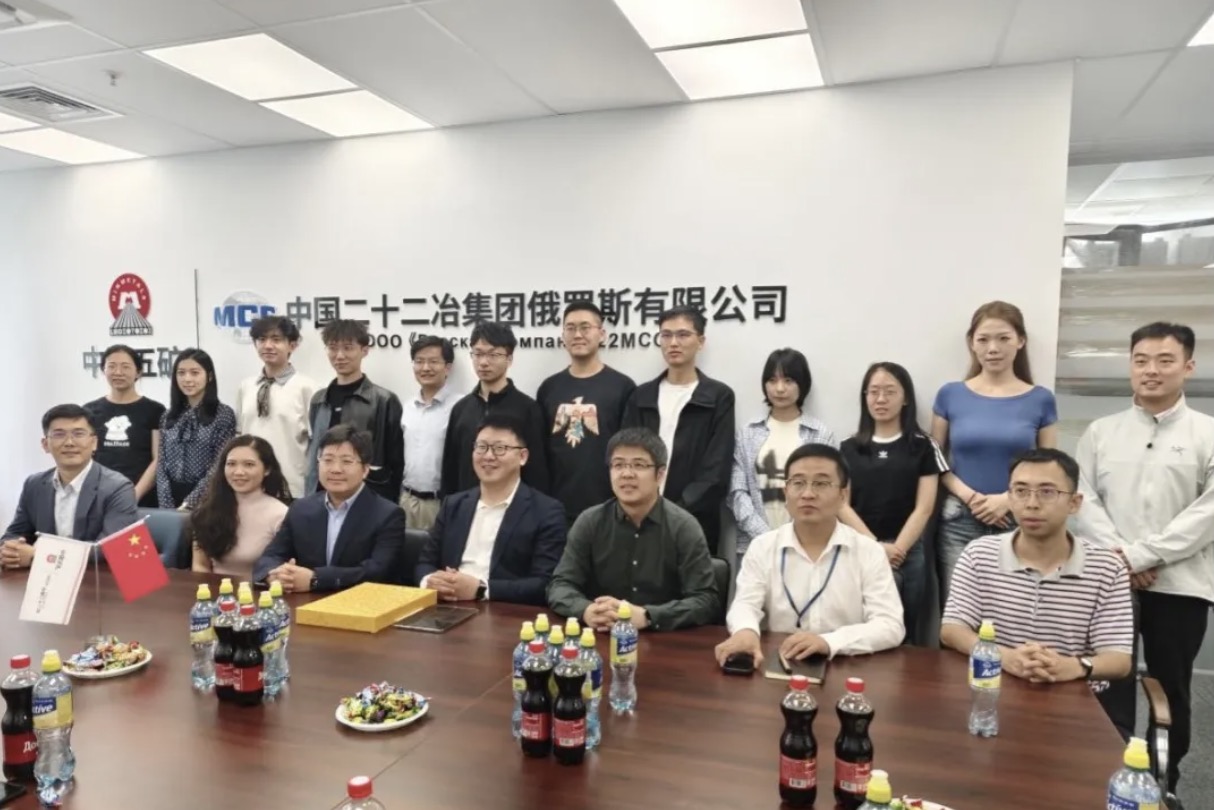
Figure 7. Survey Team Visits China MCC22 Group Russia Co., Ltd.
In May 2025, under the witness of the heads of state of China and Russia, Peking University and Russia’s National Research University Higher School of Economics (HSE University) signed the Academic Cooperation Agreement and the Agreement on Establishing a BRICS Research Platform. The two institutions have established strong cooperation in fields such as mathematics, education, chemistry, and global governance. On July 21, the survey team visited HSE University, holding discussions, thematic exchanges, and site visits across various departments and centers. The team gained a systematic understanding of HSE’s latest progress in international cooperation, chemistry, and aerospace technology, while exploring various possibilities for deepening bilateral educational cooperation and examining the broad prospects for China-Russia higher education and research collaboration from a “university perspective.”

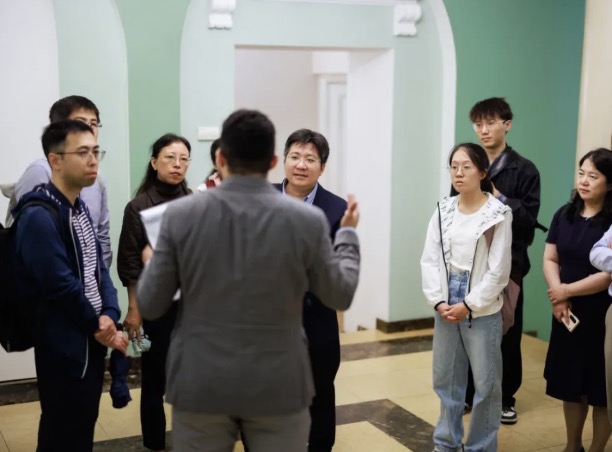
Figure 8. Survey Team Visits HSE Campus
During the visit to HSE’s Chemistry Department, the survey team engaged in thematic discussions with Professor Dmitrii M. Roitershtein, a distinguished researcher at the Russian Academy of Sciences and an expert in rare earth metal-organic complex catalysis. The discussions focused on promoting two-way exchanges of doctoral students and postdoctoral researchers and collaborating on the catalytic applications of rare earth complexes in clean energy materials development. At HSE’s Aerospace Center, the team learned about Russia’s technological advantages in satellite communications and aerospace, as well as the latest progress in practical applications. During the visit to the Faculty of World Economy and International Affairs, both sides discussed cooperation in degree programs and short-term international exchanges.
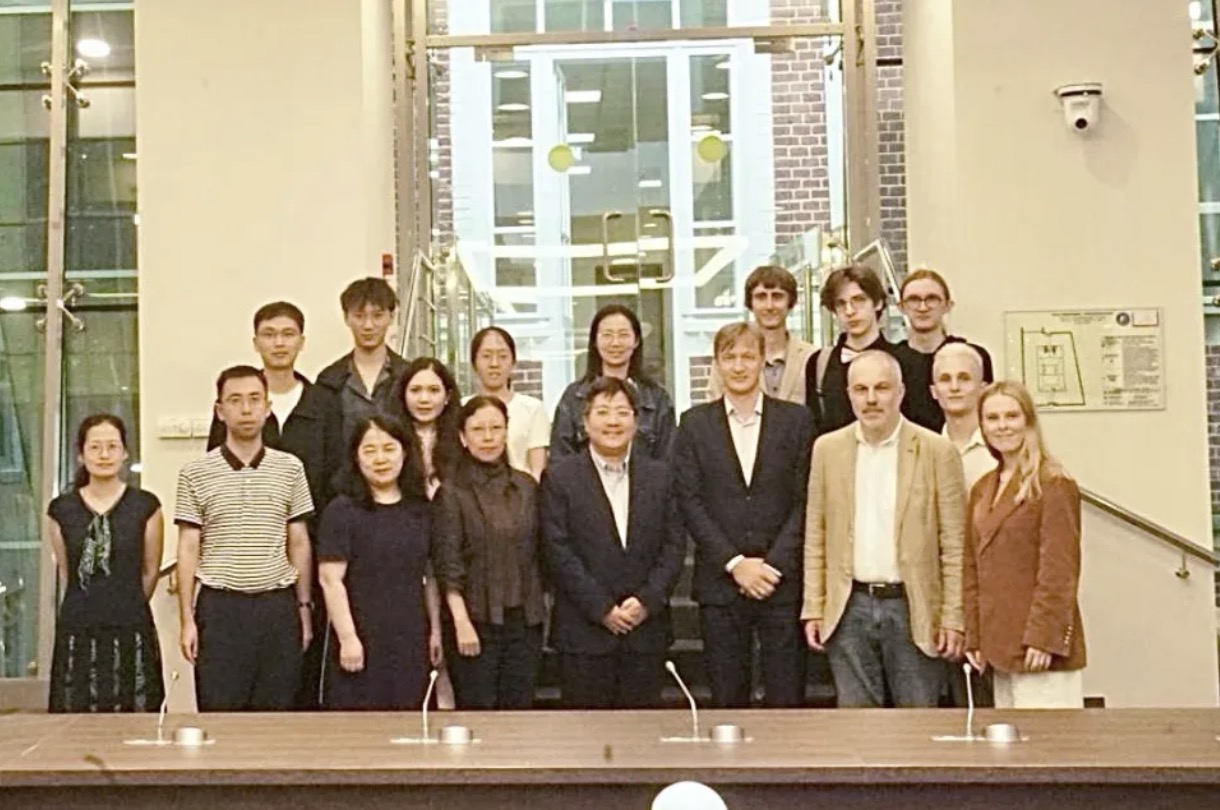
Figure 9. Survey Team Holds Discussions with HSE Chemistry Department
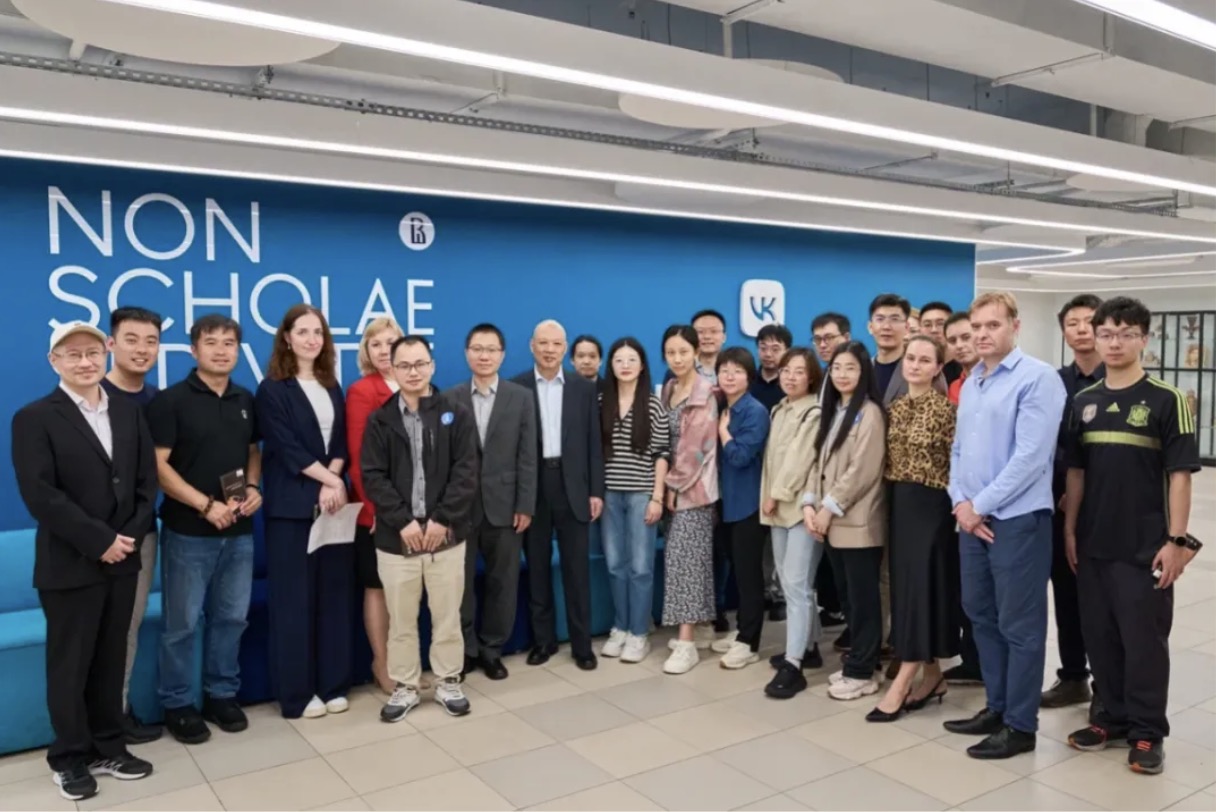
Figure 10. Representatives Survey Team Visits HSE Aerospace Center
This nine-day summer survey in Russia, part of Peking University’s “Global Vision · Graduate Academic Exchange Support Program,” not only deepened mutual trust and cooperation in science and education between China and Russia but also enhanced graduate students’ international perspectives and interdisciplinary research capabilities. It fostered an innovative cooperation model of “university-led, discipline-linked, and industry-academia-research synergy,” laying the foundation for collaborative breakthroughs in key technological fields. Building on first-hand survey results, the team will produce high-quality academic outputs with theoretical depth and global perspectives, contributing Peking University’s insights to the deepening of China-Russia relations.
Looking ahead, Peking University will use this survey as an opportunity to continue strengthening long-term cooperation mechanisms with Russian universities and research institutions, injecting new momentum into the China-Russia comprehensive strategic partnership. At the same time, the university will contribute wisdom and strength to global scientific progress, the stability of industrial and supply chains, and sustainable development.
